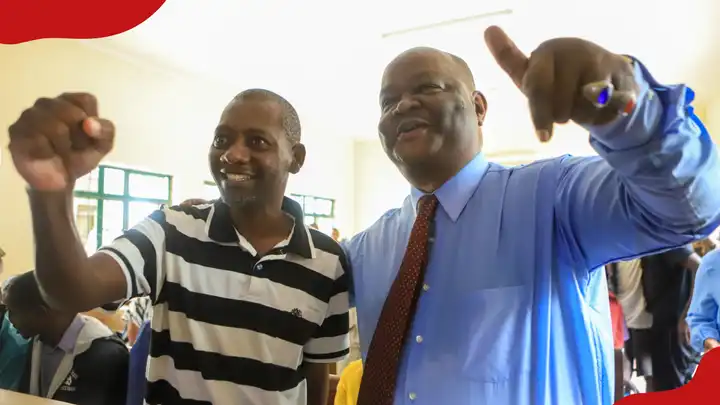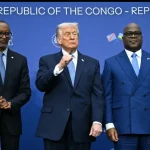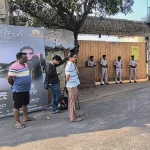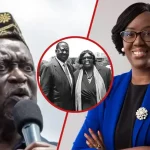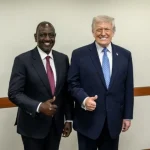Odpp Closes Child-Rights Case in Shakahola Massacre: What We Learned
In a landmark development, the ODPP has formally closed the child-rights case against Paul Nthenge Mackenzie and 35 others in connection with the Shakahola massacre. This portion of the trial focused on cruelty to children, torture, and denial of education. The Star+2Citizen Digital+2
Key Highlights from the Case
-
Witness Count: 76 people took the stand; more than 100 exhibits were submitted by the prosecution. The Star+1
-
Digital Links: Safaricom data helped trace communications connected to Mackenzie. Custom phone records and registration data played a big part. Tuko.co.ke – Kenya news.+1
-
Survivors’ Stories: Israel Veronica, whose family migrated from Nairobi to Shakahola after renouncing modern schooling, shared how they lost access to education and endured hardship. The Star+1
-
Rescues: 27 children aged between 1½ and 17 were rescued; many recounted extreme fasting, physical abuse, and deprivation. The Star+1
Next Steps in the Case
-
The matter is due for mention on October 14, 2025 to check readiness for submissions. Citizen Digital+1
-
Other cases, including those involving murders, terrorism charges, & unlawful killings, remain active in different courts. Tuko.co.ke – Kenya news.+1
Why This Case Matters
-
Upholding children’s rights is critical; this case was a stern reminder that cult beliefs cannot override fundamental rights.
-
Empowered victims and witnesses stepping forward creates a precedent for similar human rights violations.
-
Increased public awareness: Kenya and international observers are following this case closely.
In Retrospect
While the pain and loss of Shakahola are profound, closing this case against cruelty and denial of education is one step in the justice process. As Kenya gears up for the next phases, it must ensure fairness, care for victims, strong evidence trails, and accountability for every part of the tragedy.

